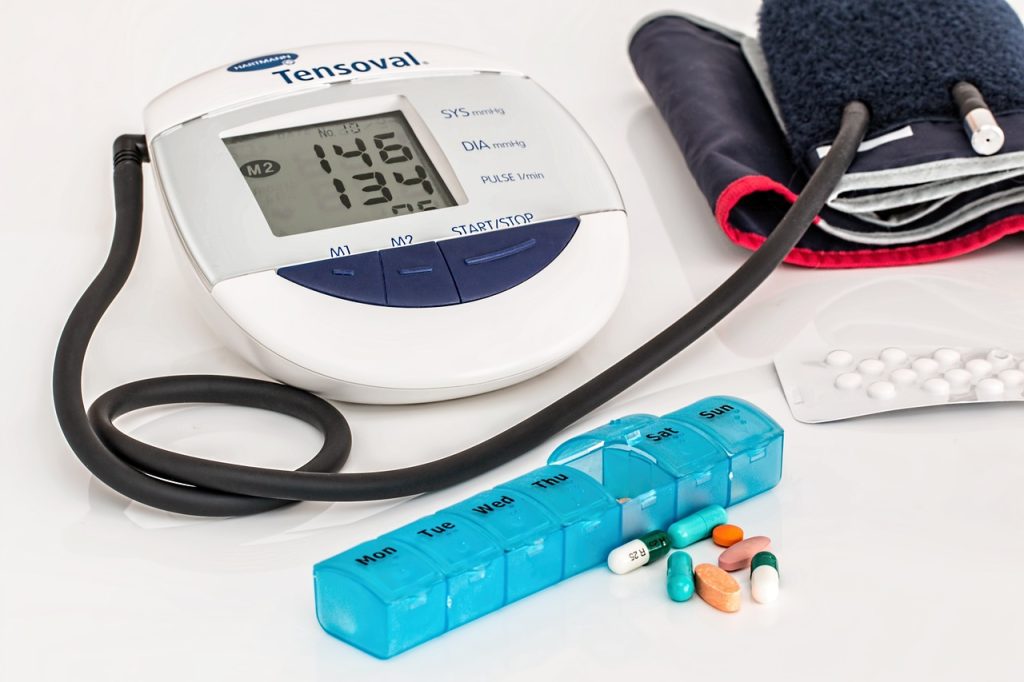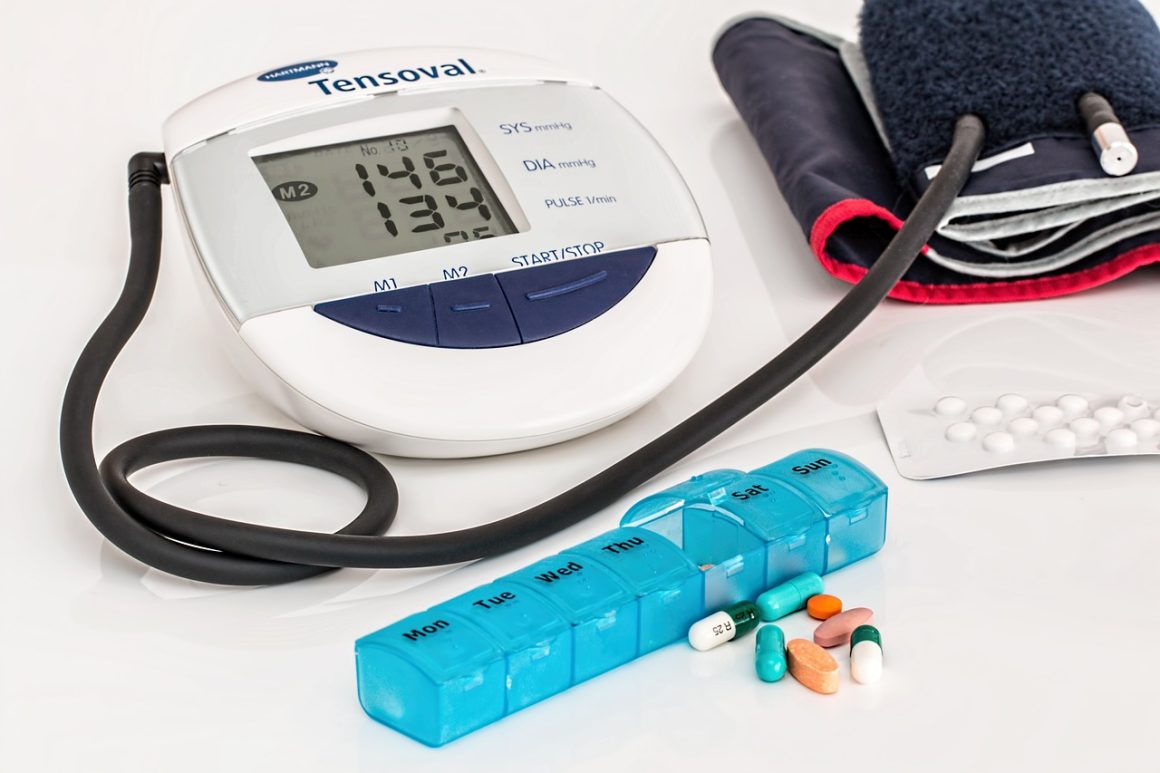
Just as your birthday comes around once a year, your yearly checkup should happen annually, too — especially if you want to experience the best possible health for years to come.
“No matter what your age or gender, a yearly checkup is beneficial, and most insurance plans cover the cost,” said Anthony Ngo Do,. “But before you schedule yours, remember: you are the most important member of the health care team. Patients who adopt this mindset and who are engaged along with their care team can have better results and better health.”
Finding a Doctor Near Me
First and foremost, it’s important for your primary care provider to know your personal and family medical history. A primary care provider can be a family practitioner, OB/GYN, pediatrician or internal medicine specialist. Finding a primary care provider is worth the search, too.
Your provider will collect basic health information such as weight, height and vital signs, including blood pressure, heart rate and temperature. “This helps us watch for trends over time, and also investigate vitals that are outside of normal range,” Post said.
He or she may assess your general health by checks of the following:
- Your heartbeat and breathing sounds via stethoscope
- An exam of your head and neck, including tonsils, lymph nodes and thyroid
- An abdominal exam to check for any tenderness and liver size
- A check of your muscle strength, reflexes and balance
- Lab tests, such as a complete blood count (CBC), blood chemistry panel and urinalysis
A woman’s yearly checkup may include a clinical breast exam and pelvic exam, while a man’s yearly checkup might include a testicular or prostate exam. Your doctor will discuss basic recommended health screenings with you. If you are a woman, your provider will talk with you about regular mammograms and Pap tests.
If you are a male, recommended screenings might include prostate screening, including the PSA blood test.
What to Expect at Your Annual Appointment
Whatever your gender, your doctor might recommend other screenings such as blood cholesterol and blood sugar levels. The checkup can also serve as an update time for vaccination status. If you’re at least 45 years old, your provider will likely recommend that you schedule a screening colonoscopy to check for colorectal polyps or signs of cancer. This test is recommended every 10 years, and more often if you have a history of polyps or a family history of colorectal cancer.
Because many people suffer in silence due to behavioral health conditions such as depression, your yearly checkup might include a behavioral health assessment.
Some health insurance policies, especially those provided through an employer, offer well-being programs that include health screenings, exams and resources that can augment your efforts with your provider. Review your policy and take advantage of the ones that fit your goals. Most insurers offer guidance on how these programs and assets work.
Finally, be ready to bring up any questions or concerns you have about your ongoing health. For example, would you like to lose weight or quit smoking? Change your habits around food or activity?
While some health concerns that need more attention might require additional appointments, there are some basic steps that’ll make the most of the next yearly checkup you have.



Leave a Reply